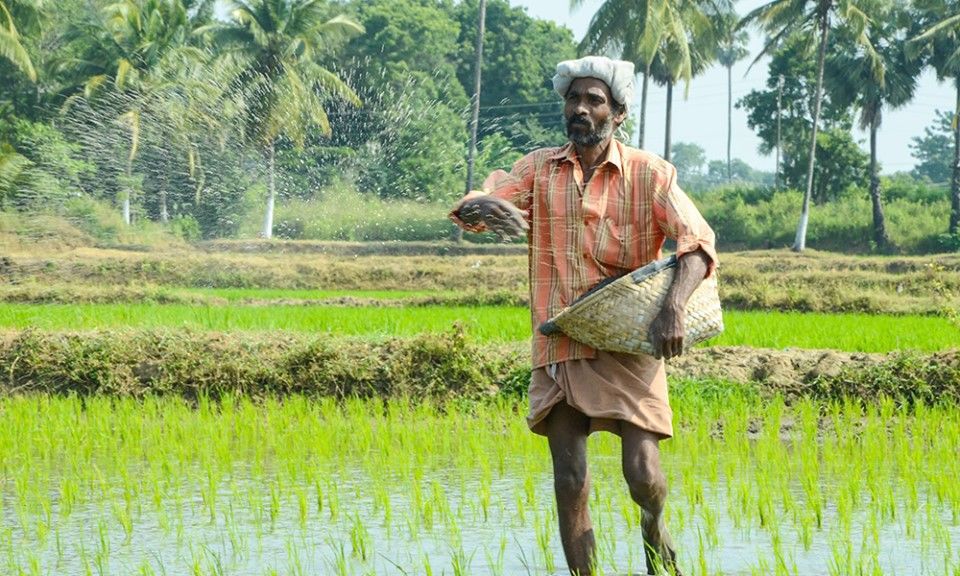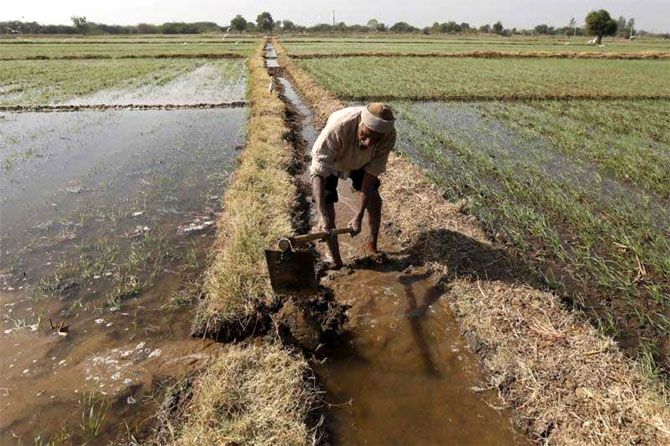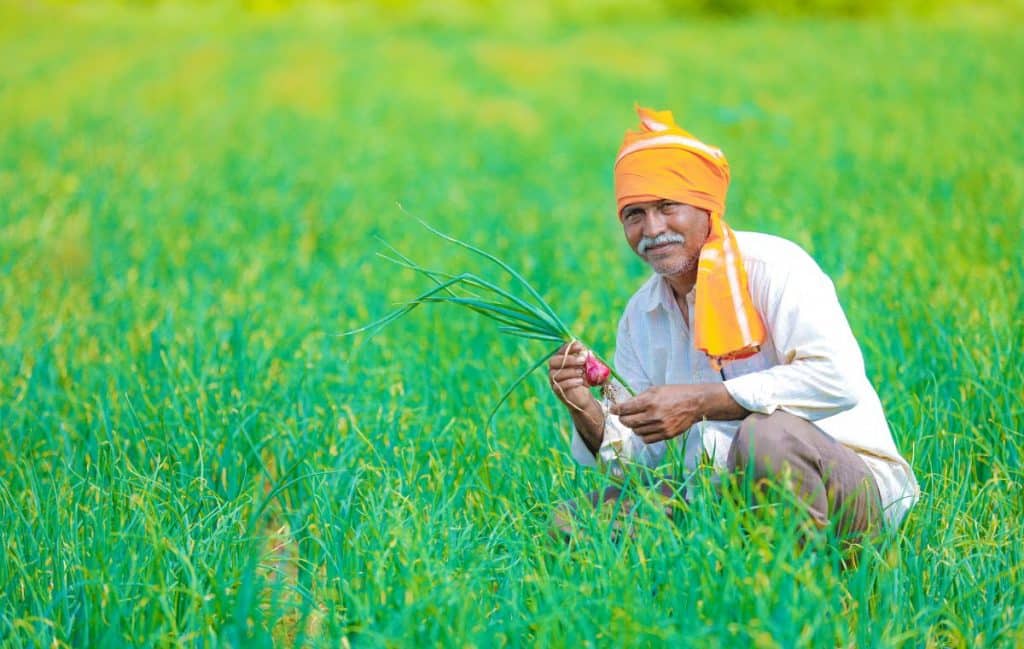
Introduction:
Water management is critical for agriculture in India, where a significant portion of the population depends on farming for their livelihood. With increasing water scarcity and climate variability, adopting sustainable water management practices is essential to ensure long-term agricultural productivity. This article explores effective strategies for sustainable water storage and management, emphasizing their role in enhancing crop yield and water use efficiency.
Efficient Water Storage Systems:
Efficient water storage systems play a crucial role in sustainable agriculture. Farmers can utilize various techniques to store rainwater or surface water during the monsoon season for use during dry periods. Farm ponds are a popular method where farmers construct small reservoirs to capture and store rainwater runoff. These ponds not only recharge groundwater but also provide a reliable source of water for irrigation during the dry season, thereby reducing dependence on erratic rainfall.
Drip Irrigation and Micro-irrigation Techniques:
Drip irrigation and micro-irrigation systems are highly efficient methods that deliver water directly to the roots of plants, minimizing losses due to evaporation or runoff. These systems use significantly less water compared to traditional flood irrigation methods, thereby improving water use efficiency. By adopting drip irrigation, farmers can ensure that crops receive the right amount of water at the right time, leading to better crop growth and yield.
Rainwater Harvesting and Conservation:
Rainwater harvesting is a sustainable practice where farmers collect and store rainwater for various agricultural purposes. Techniques such as roof rainwater harvesting and groundwater recharge structures help in augmenting groundwater levels and provide a supplementary source of water for irrigation. Farmers can install storage tanks or reservoirs to store harvested rainwater, ensuring a steady supply of water for their crops during dry spells.

Soil Moisture Management:
Managing soil moisture is crucial for optimizing water use in agriculture. Techniques such as mulching help in retaining soil moisture by covering the soil surface with organic materials like crop residues or mulch. This reduces evaporation and conserves water, especially in regions prone to high temperatures and aridity. Additionally, soil moisture sensors and irrigation scheduling based on real-time data enable farmers to apply water precisely when and where it is needed, thus avoiding over-irrigation and optimizing crop water use efficiency.
Community-based Water Management:
In many regions, community-based approaches to water management have proven effective. Farmers can form water user groups or cooperatives to collectively manage water resources, allocate water equitably, and coordinate irrigation schedules. Such collaborative efforts not only ensure fair distribution of water but also promote sustainable practices such as rotational cropping and water-saving techniques among members.
Role of Government Policies and Support:
Government policies and support programs play a pivotal role in promoting sustainable water management practices among farmers. Initiatives such as subsidies for drip irrigation systems, financial incentives for rainwater harvesting, and capacity building programs on water-efficient farming techniques encourage farmers to adopt sustainable practices. Moreover, regulatory measures to prevent groundwater depletion and promote water conservation contribute to the long-term sustainability of agriculture.
Education and Awareness:
Education and awareness programs are essential for fostering a culture of sustainable water management among farmers. Training sessions, workshops, and demonstrations on water-saving technologies and practices empower farmers with the knowledge and skills to make informed decisions about water use. By raising awareness about the importance of water conservation and sustainable agriculture, these initiatives contribute to building resilient farming communities that can withstand the challenges of water scarcity.

Conclusion:
Adopting sustainable water management practices is crucial for the livelihoods of Indian farmers and the resilience of agriculture in the face of climate change and water scarcity. By implementing efficient water storage systems, adopting precision irrigation techniques, practicing rainwater harvesting, and promoting community-based water management, farmers can enhance crop yield, improve water use efficiency, and ensure sustainable agricultural development for future generations.


